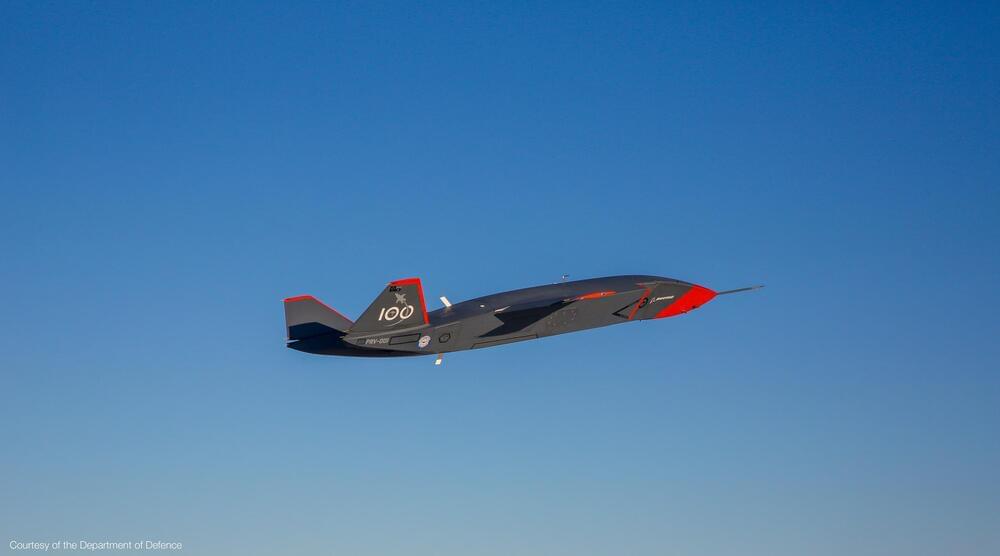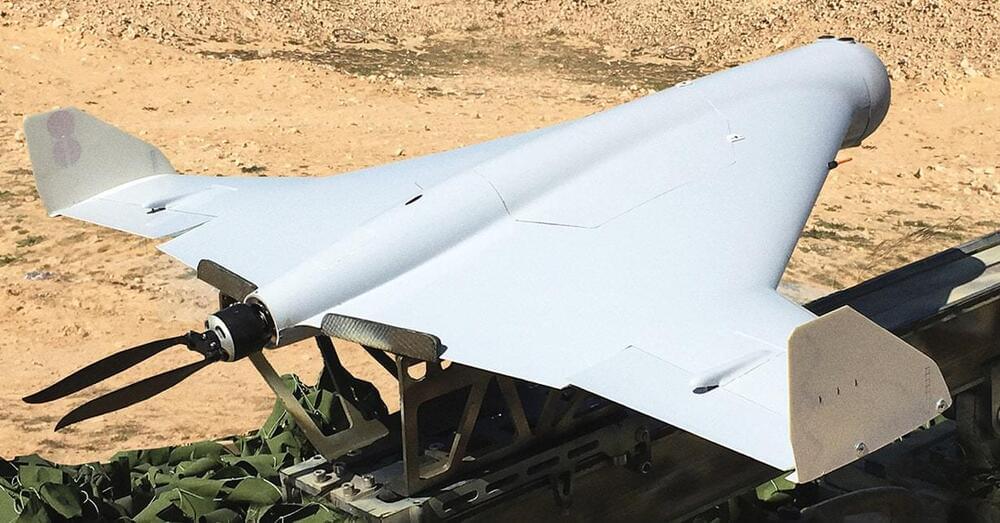A.I. is only beginning to show what it can do for modern medicine.
In today’s society, artificial intelligence (A.I.) is mostly used for good. But what if it was not?
Naive thinking “The thought had never previously struck us. We were vaguely aware of security concerns around work with pathogens or toxic chemicals, but that did not relate to us; we primarily operate in a virtual setting. Our work is rooted in building machine learning models for therapeutic and toxic targets to better assist in the design of new molecules for drug discovery,” wrote the researchers in their paper. “We have spent decades using computers and A.I. to improve human health—not to degrade it. We were naive in thinking about the potential misuse of our trade, as our aim had always been to avoid molecular features that could interfere with the many different classes of proteins essential to human life.”
Full Story:
Researchers from Collaborations Pharmaceuticals tweaked artificial intelligence to look for chemical weapons, and impressively enough the machine learning algorithm found 40,000 options in just six hours.









